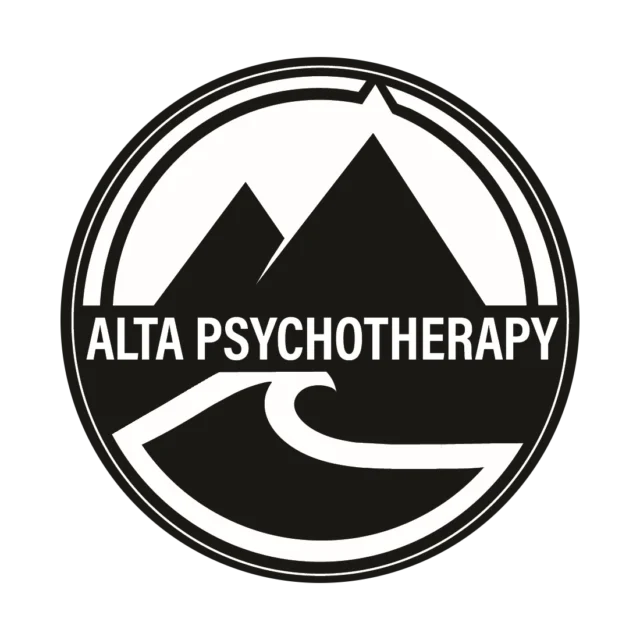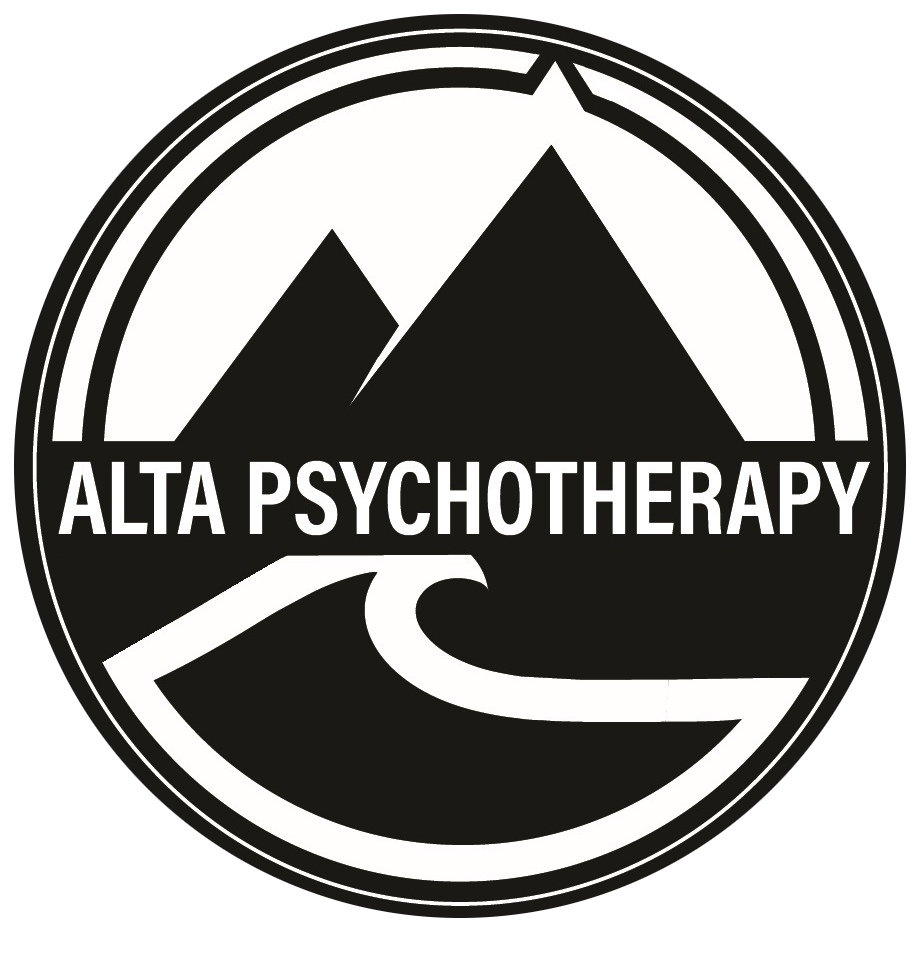CRITICAL INJURY PROGRAM

WE UNDERSTAND THE UNIQUE CHALLENGES INJURY AND LOSS BRING INTO OUR LIVES.
NOTHING HERE IS EASY. AT ALTA, WE ARE PREPARED TO EXPLORE WHAT IS THERE TO RECOVER AND WALK WITH YOU IN YOUR DARKEST MOMENTS.
OUR MAIN GOAL IS HELPING YOU REGAIN AS MUCH AS POSSIBLE AND PREPARING YOU FOR WHAT LIES AHEAD, TOGETHER. NOT ALL IS LOST.
“There were never these steps that were visible from the inside. From the outside, to my family and friends, everybody could walk in a day, a week, a month later and say, ‘Oh my gosh, you are so much better, you’ve made so much progress.’ But for me, living in it, living in this brain, I was not able to see these steps and this progress.”
– Kevin Pierce, Former Professional Snowboarder, after recovering at Craig Hospital from a traumatic brain injury in 2009 ¹

FACING CRITICAL INJURY:
It’s the part we never want to think too much about and try our hardest to avoid. Impacts, strikes, falls, and crashes do not come with warning, so the shock extends from the moment of injury and continues for a long time afterward.
Our comprehensive program bridges the gaps between medical, emotional, and logistical challenges that come with a life-changing injury in extreme sports.
The Critical Injury Program at Alta Therapy combines orthopedic social work, general hospital advocacy, and mental health support for community members who have survived catastrophic and/or near-death experiences through extreme sports.
WHAT WE DO:
Alta Psychotherapy’s Critical Injury Program is different from general therapy because we also integrate case management in our treatment. We are heavily informed on your medical case and work together to measure and celebrate your success in recovery, while conducting psychotherapy that integrates with your new medical profile.
We sincerely understand that life is forever changed after critical accidents resulting in pelvic, brain, or spinal cord injuries. Alta Psychotherapy provides structured individual therapy and group therapy to offer the ultimate support possible. We do not want you to lose hope and are here to recover all we can, together.
FOCUS AREAS:
☑️ Athlete-Centered Approach: Alta is designed to cater to community members of all levels, from recreational to professional. We acknowledge the unique stressors athletes face, such as performance pressure, identity struggles tied to sports, the fear of reinjury, and the psychological impact of a long recovery process.
☑️ Focus on Orthopedic Injuries: We specialize in understanding and supporting individuals recovering from major to even minor orthopedic injuries (such as sprains, fractures, joint surgeries, tendon injuries, etc.). Alta works closely with orthopedic specialists and physical therapists to provide holistic psychotherapy support for your healing process.
☑️ Psychosocial Support: Athletes often experience stress, anxiety, depression, anger, impulsivity, and identity crises following injuries. It’s normal to feel isolated or estranged from your sport now. We provide counseling that helps you cope with these psychological challenges, and we offer education on common experiences to help avoid further injury during the grueling recovery process. We also address issues such as loss of self-esteem, frustration, and anxiety related to returning to your sport, socializing now, career uncertainties, and emotional regulation.
☑️ Rehabilitation and Coping Skills: We assist in building resilience and adaptive coping strategies during the recovery/discovery phase. This includes stress management techniques, motivation strategies, very specific goal setting, and CBT tools for overcoming obstacles during rehabilitation. This approach emphasizes your overall resilience, rather than just physical injury.
☑️ Collaboration with Medical Professionals: Alta Psychotherapy works closely with orthopedic doctors, physical therapists, and athletic trainers to ensure comprehensive care. This interdisciplinary approach allows us to address any concerns you may have related to your treatment, provide emotional support during medical procedures, and assist in understanding medical advice in a supportive, accessible way.
☑️ Prevention and Long-Term Well-Being: Beyond injury recovery, we also focus on the psychological aspects of injury prevention and long-term mental health. Alta can help you develop a healthy relationship with your sport, maintain psychological well-being to avoid burning out, and stay focused on your personal goals after recovery.
ALTA COLLABORATES WITH:
- Surgeons, Specialists, and Nurses
- Neuropsychologists
- Speech and Language Pathologists
- Physical and Occupational Therapists
- Medical Social Workers
- Our Direct Hospital Referrals
- Family and Loved Ones
WE UNDERSTAND
Critical injuries like spinal cord injuries (SCI) and traumatic brain injuries (TBI) are not isolated to the region of injury; they can have profound and far-reaching effects on multiple systems in the body due to their impact on the nervous system, overall body function, and psychological health.
Spinal Cord Injury (SCI) ²
The spinal cord serves as a major communication pathway between the brain and the rest of the body. Damage to the spinal cord can disrupt the flow of signals, leading to widespread effects. The severity and range of these effects depend on the location and extent of the injury.
-
Motor Function Loss: Depending on the level of the spinal injury, SCI can cause paralysis in parts of the body below the injury site. For example, a high-level cervical injury can result in tetraplegia, affecting both arms and legs, while a lower-level lumbar injury may cause paraplegia, affecting only the legs. This impacts mobility, gait, and the ability to perform daily activities.
-
Sensory Loss: SCI can cause loss of sensation below the injury site. This includes the inability to feel touch, temperature, and pain, leading to increased risks of pressure sores, burns, or injury due to the lack of feedback from the body.
-
Autonomic Dysfunction: The spinal cord controls many autonomic bodily functions like blood pressure regulation, heart rate, digestion, and sweating. Damage can cause:
- Autonomic Dysreflexia: A dangerous increase in blood pressure, often triggered by a stimulus below the injury site, which can lead to strokes.
- Blood Flow Issues: Reduced ability to regulate blood pressure and blood flow, especially when transitioning from lying down to standing.
- Bowel and Bladder Dysfunction: Loss of control over bowel and bladder movements, leading to issues with elimination and urinary retention.
-
Respiratory Complications: High-level SCI can impair the diaphragm and muscles involved in breathing. This can lead to respiratory failure, requiring mechanical ventilation or assistance with breathing.
-
Musculoskeletal Problems: Paralysis can cause muscle atrophy, joint contractures, and osteoporosis in the limbs and other body parts that are not being actively used.
-
Psychosocial Impact: SCI can also have significant psychological effects, such as depression, anxiety, and adjustment disorders, as people may struggle to cope with changes in lifestyle, identity, and social roles.


Traumatic Brain Injury (TBI) ³
TBI occurs when an external force causes injury to the brain, such as in a car accident, fall, or sports-related collision. It can range from mild (concussion) to severe (coma or death), and its effects can extend throughout the body:
-
Cognitive Impairments: TBI can lead to significant cognitive deficits, such as memory problems, difficulty with attention and concentration, impaired judgment, and executive function issues. These cognitive difficulties can affect the individual’s ability to perform everyday tasks and engage in social and work activities.
-
Motor Impairments: The brain controls voluntary movement, so a TBI can impair fine and gross motor skills. People with severe TBIs may experience:
- Paralysis or weakness in parts of the body.
- Coordination and balance issues, making walking and movement difficult.
- Spasticity or abnormal muscle stiffness.
-
Sensory Impairments: TBI can disrupt the sensory processing pathways, leading to issues with:
- Vision: Blurred vision, double vision, or even blindness in severe cases.
- Hearing: Difficulty processing sounds or even partial hearing loss.
- Touch: Numbness or altered sensation.
-
Autonomic Dysfunction: The brain controls essential autonomic functions (heart rate, breathing, digestion), and TBI can result in:
- Disrupted heart rate and blood pressure regulation, causing instability or swings in these vital signs.
- Problems with digestion, leading to constipation or difficulty swallowing.
- Temperature regulation issues.
-
Endocrine Problems: Severe brain injuries can affect the pituitary gland, which regulates hormones in the body. This can result in hormonal imbalances, affecting growth, metabolism, sexual function, and mood.
-
Seizures: Many individuals with moderate to severe TBIs experience seizures, due to the trauma affecting brain cells and neural pathways. These may persist long after the injury and can be a significant source of long-term disability.
-
Psychological and Behavioral Changes: TBI can lead to emotional and behavioral changes such as:
- Depression and anxiety.
- Mood swings, irritability, and aggression.
- Impulse control problems and difficulty with social interactions.
-
Fatigue and Sleep Disturbances: Many individuals with TBI report chronic fatigue and sleep disorders, which can significantly impact quality of life and recovery.

OVERARCHING EFFECTS:
Spinal cord and traumatic brain injuries can have widespread effects on your entire body, impacting your physical, emotional, and cognitive health. These challenges are deeply interconnected, making recovery a complex journey.
That’s why your care requires a team approach—rehabilitation specialists, physicians, psychologists, and social workers working together to help you regain function and navigate the many layers of healing and recovery.
SUPPORTING CAREGIVERS & LOVED ONES:
When an extreme sports athlete is critically injured, the emotional toll on their friends and family can be overwhelming.
The shock of trauma, combined with the uncertainty of recovery, can leave loved ones feeling lost, helpless, and exhausted. Taking on the role of caregiver brings its own challenge—endless hospital visits, tough decisions, and navigating grief, all while fearing for your loved one’s future.
Over time, the strain can lead to compassion fatigue, where the constant emotional and physical demands leave caregivers feeling drained and disconnected.
Feelings of guilt, sadness, and anger are normal, and isolation can make it harder to cope. This space offers support, understanding, and connection during these difficult times. Whether you’re struggling with caregiving, processing grief, or simply need a place to be heard, we’re here to help. You don’t have to face this alone.
WHY CHOOSE ALTA?
Our team is dedicated to athletes like you. We understand the physical demands of sports, the mental discipline it takes to compete, and the heartbreak of being injured. Most importantly, we believe in your strength and are dedicated to supporting your recovery in every way—physically, mentally, and emotionally.
By working with Alta Psychotherapy, you gain an ally who is as invested in your recovery as you are. We are here to ensure no detail is overlooked and no obstacle is too great.
REFERENCES:
1. Craig Hospital. (2014, April 30). Kevin Pearce | Craig Hospital PUSH Dinner Highlight Video.
YouTube. https://www.youtube.com/watch?v=9vEAphidsXo
2. John Hopkins Medicine. (2019). Acute Spinal Cord Injury. Johns Hopkins Medicine.
https://www.hopkinsmedicine.org/health/conditions-and-diseases/acute-spinal-cord-injury
3. National Academies of Sciences, Engineering, and Medicine 2019. Evaluation of the
Disability Determination Process for Traumatic Brain Injury in Veterans. Washington, DC:
The National Academies Press. https://doi.org/10.17226/25317.
4. Kevin Pearce | Craig Hospital PUSH Dinner Highlight Video. (2024). YouTube.
5. Watt, J. (2018, November 26). Compassion Fatigue: What is it and do you have it? | Juliette
Watt | TEDxFargo. YouTube. https://youtu.be/v-4m35Gixno?si=gwgRZNStlILnrzOh
You don’t have to face the challenges alone. Contact us today to learn how Alta Psychotherapy can support you, your loved ones and journey to recovering all you can.
